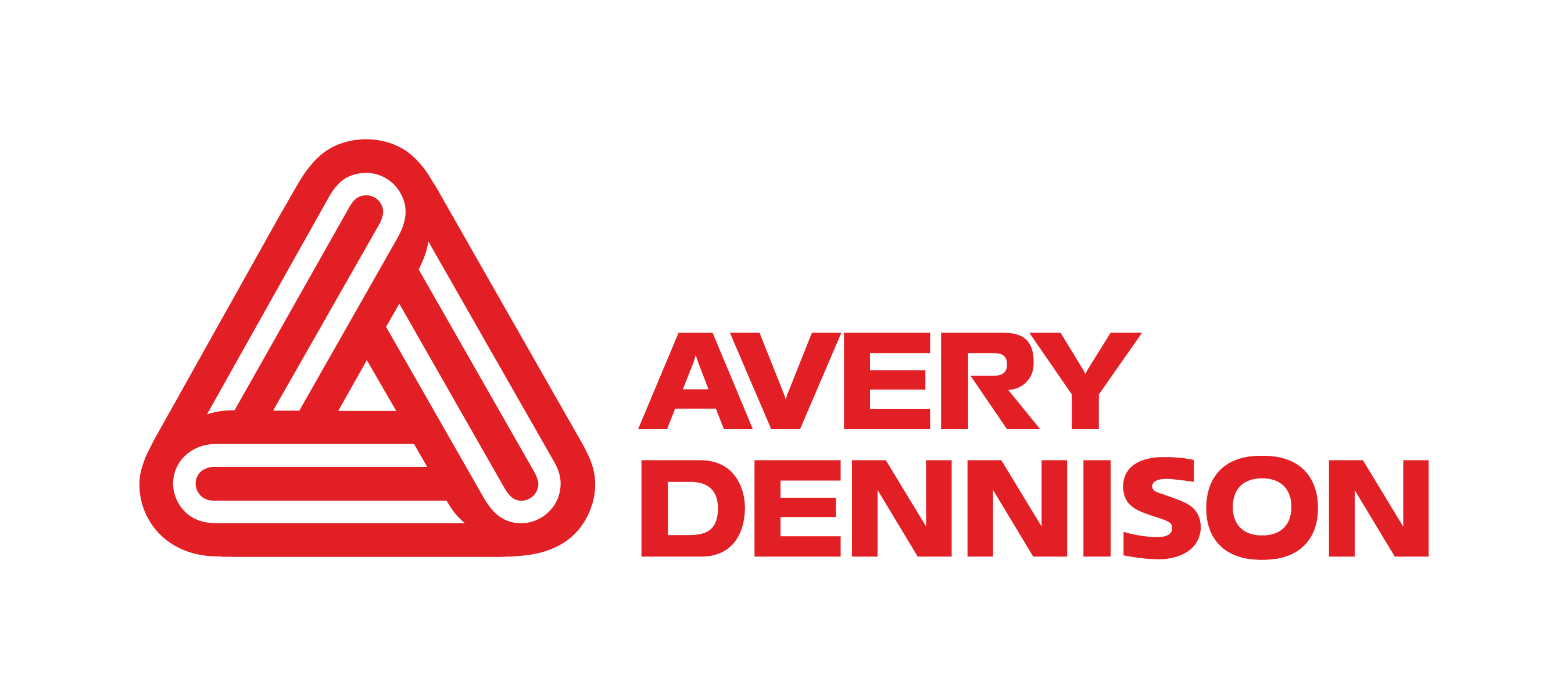PS labels can incorporate a range of interactive features such as QR codes, NFC technology, or augmented reality triggers. These features can transform the packaging into a dynamic engagement platform, inviting consumers to interact with the brand beyond the point of purchase.
The versatility of PSL provides a canvas for brands to convey their story, values, or mission. With the capability to include more detailed graphics or text, companies can engage consumers with their brand narrative, fostering a deeper connection.
The implementation of smart labels can serve a dual purpose by enhancing consumer engagement and providing traceability. Unique identifiers on PSL can assure customers of product authenticity while also allowing brands to track their products through supply chains.









